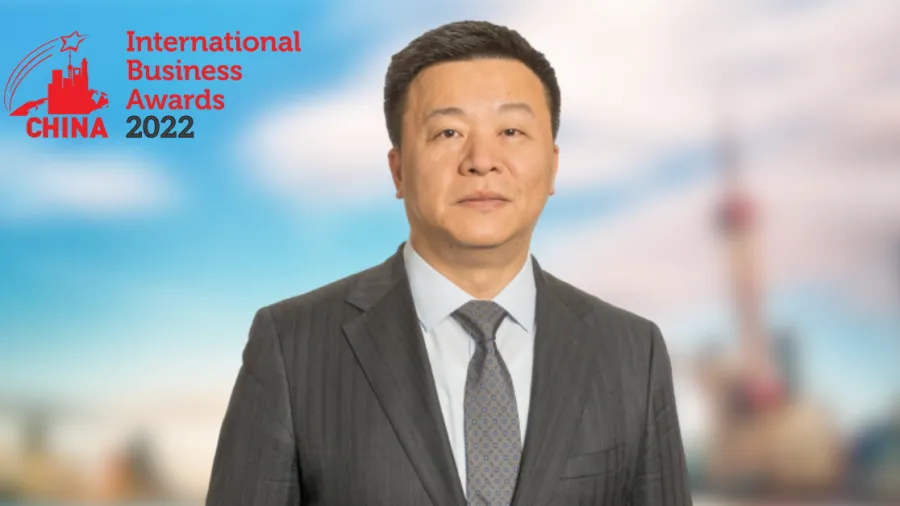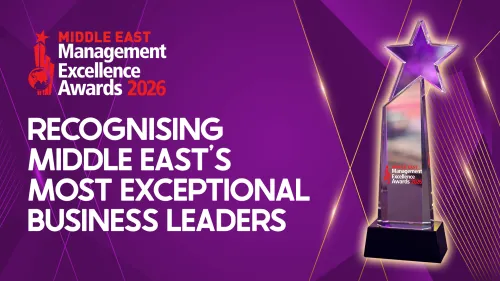
BDO Partner: Companies need support from the government to survive hardships
Gordon Gao has highlighted how global economic crises transpire from time to time and how businesses should change the business field to survive.
Gordon Gao is the current Tax Partner and General Manager for BDO China Tax and BDO Tax Limited. He is also the vice chairman of the Shanghai Certified Tax Agents Association. He specialises in China tax practice and tax controversy services.
He has over 25 years of professional experience in providing tax and business advisory services to various types of businesses and industries, including experience with the tax authority, large MNCs, and CPA firms in China and overseas. The partner also holds a master’s degree in accountancy and is a Certified Public Accountant of Canada and a Chinese Certified Tax Agent.
As a leader in the industry, Gao is keen on collaborating on using the resources in Hong Kong and Greater China to provide one-stop professional services to clients.
Speaking about the tax landscape in the Asia Pacific, he noted that some regional headquarters have been moving to Singapore or other countries in the area. Some are also set up in areas such as Shanghai and Beijing, which bring huge tax revenues to the country.
Gao spoke with Asian Business Review to provide insights on the implementation of BEPS 2.0 and the introduction of ESG programmes in the Chinese market, as well as to advise businesses on staying afloat amidst global economic crises.
What are some of the trends you have observed in the Asia-Pacific tax landscape in recent years? How do you think these trends will affect businesses in China?
We see some regional headquarters moving to Singapore or some other countries in the Asia-Pacific region, but we also see some major companies setting up in Shanghai or Beijing, and so the main MNCs are still located in the Mainland, which brings about huge tax revenues in the country.
How do you think the implementation of BEPS 2.0 rules will affect businesses in China? How can they navigate these complexities and assess their potential impacts?
BEPS 2.0, with a two-pillar framework, will bring groundbreaking reforms to the transfer pricing and international tax landscape. Pillar One deals with the reallocation of certain profits to market jurisdictions, and Pillar Two deals with global minimum tax. Both Pillar One and Pillar Two rules are complicated, and multinational companies would likely need additional resources or system changes to fulfil the increasing compliance requirements in the future. In addition, multinational companies may consider restructuring their group supply chains and transfer pricing models in the context of BEPS 2.0. Multinational companies are suggested to assess the potential impact on their business models and global tax liabilities, as well as to get themselves prepared with improved tax knowledge and sophistication to cope with the new challenges. Furthermore, communications with in-charge tax authorities may become more uncertain and complicated. Therefore, multinational companies may also consider engaging external transfer pricing advisors to assist with the technical analysis as well as communication with in-charge tax authorities for better adaptation to the BEPS 2.0 environment.
How do you think businesses can stay afloat amidst a challenging global economic situation? Are there any strategies or technologies they can leverage?
Economic crises happen globally from time to time, and no doubt some businesses will be going down. To survive in this challenging situation, companies probably need to get some support from the government or change their business field since society needs something anyway.
As many industries are urged to employ ESG and sustainability programmes, how do you think businesses in China can promote these amongst their stakeholders? What do you think will be some challenges in doing this?
Many enterprises have embedded ESG into their business strategy. As we know, certain of our clients have already developed relevant policies on ESG requirements to strengthen the management of environmental and social risk. This could help enterprises improve their sustainable capability. Also, acting as the service provider, our clients are very important stakeholders for us. Apart from setting and implementing our own ESG policies such as carbon reduction, development of cloud-based auditing financial systems, flexible working arrangements and so on. We are in the process of building up a professional group for ESG assessment experts as well. ESG is still in its very early stages in China, and stakeholders will need to accept and understand the ESG concept. However, we believe that by giving great support from the government, all stakeholders in the business group could enjoy more and more benefits with the deeper implementation of ESG, but each party should make their corresponding contribution.
Coming back from judging last year’s China International Business Awards, what are you expecting to see amongst this year’s entries? What qualities stand out to you?
During these two years, the economy has been worsening, so I am eager to see how enterprises use their strategies to maintain or develop their business.


















 Advertise
Advertise








